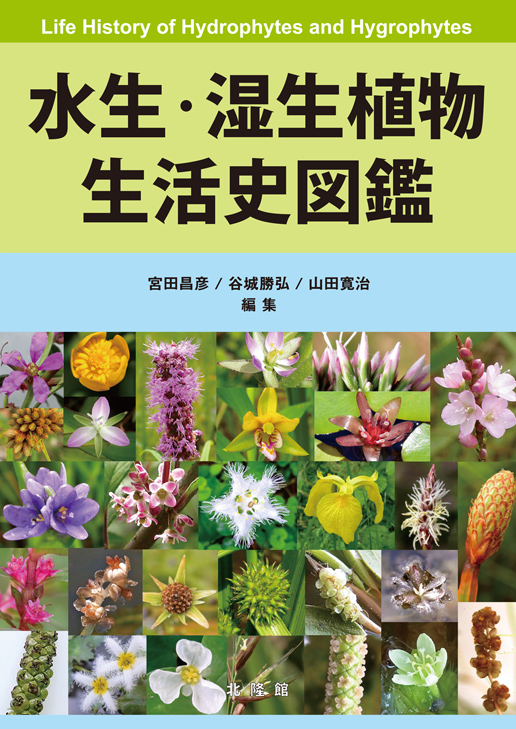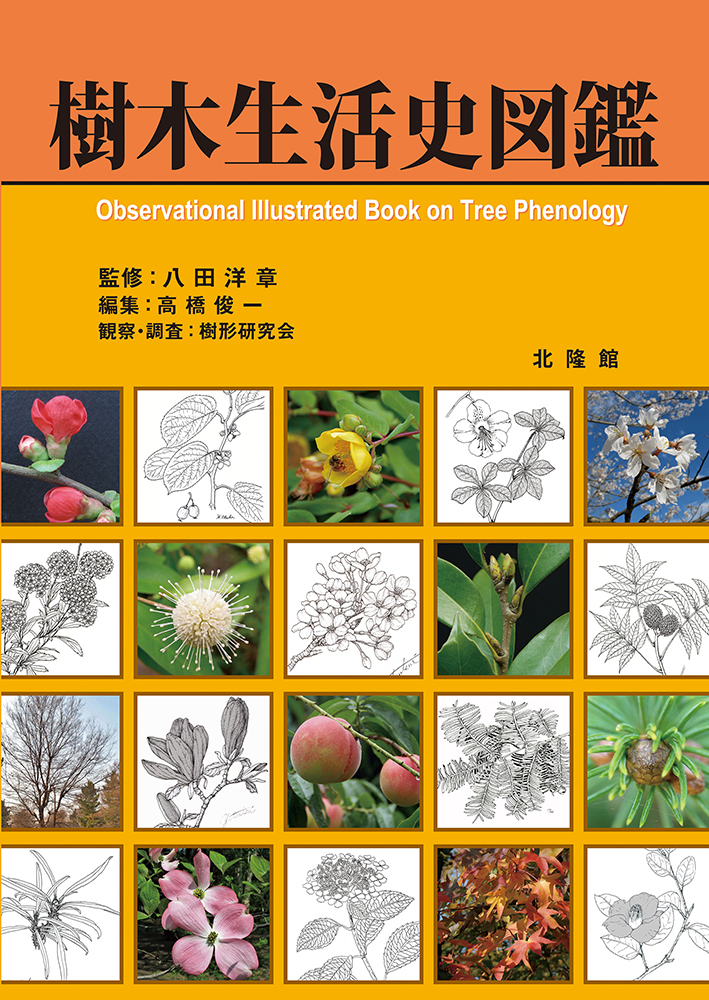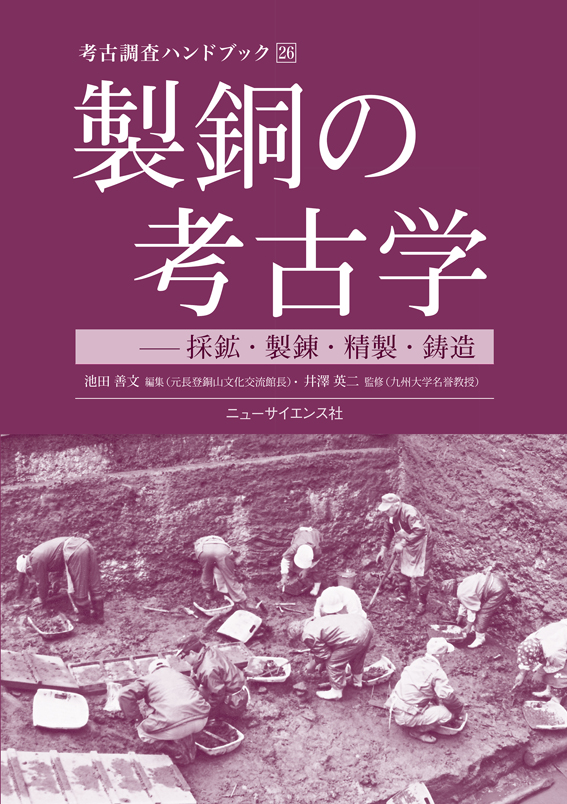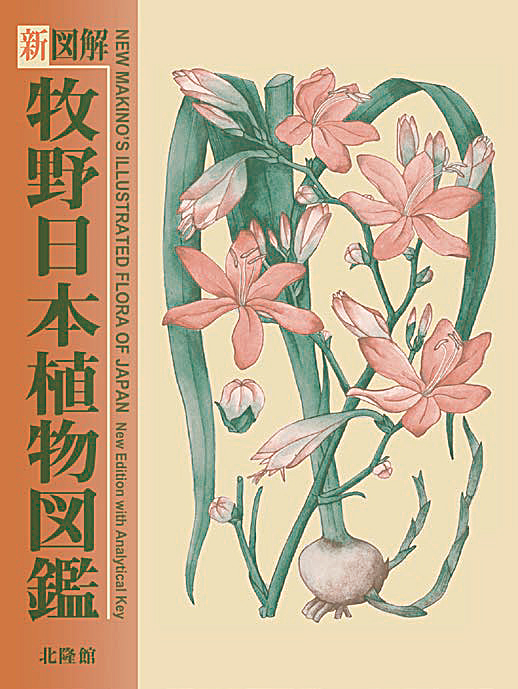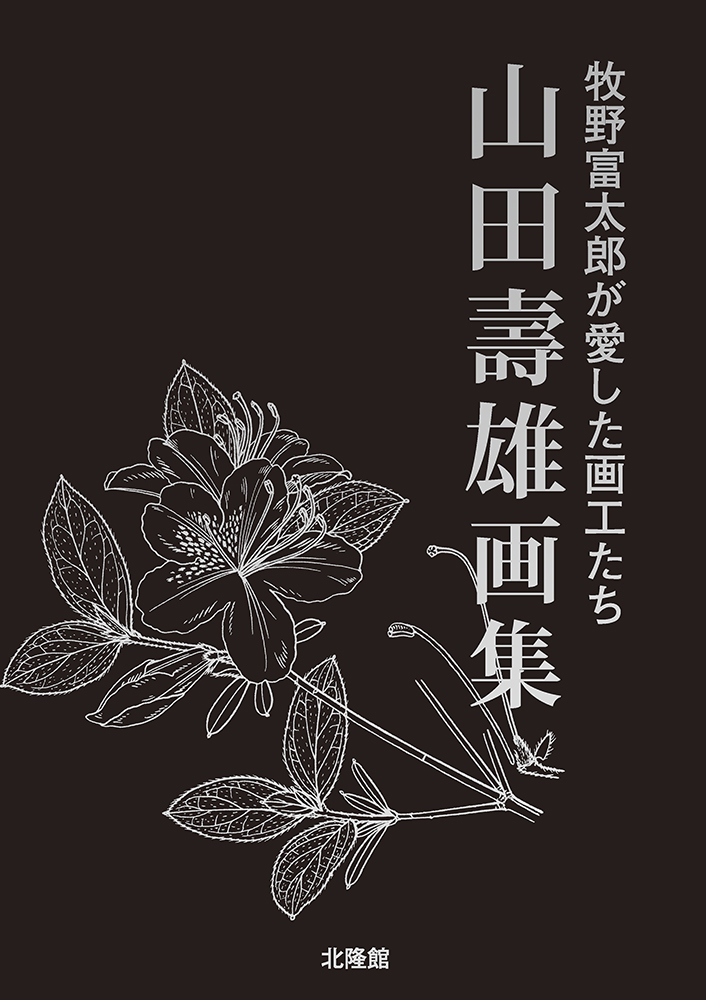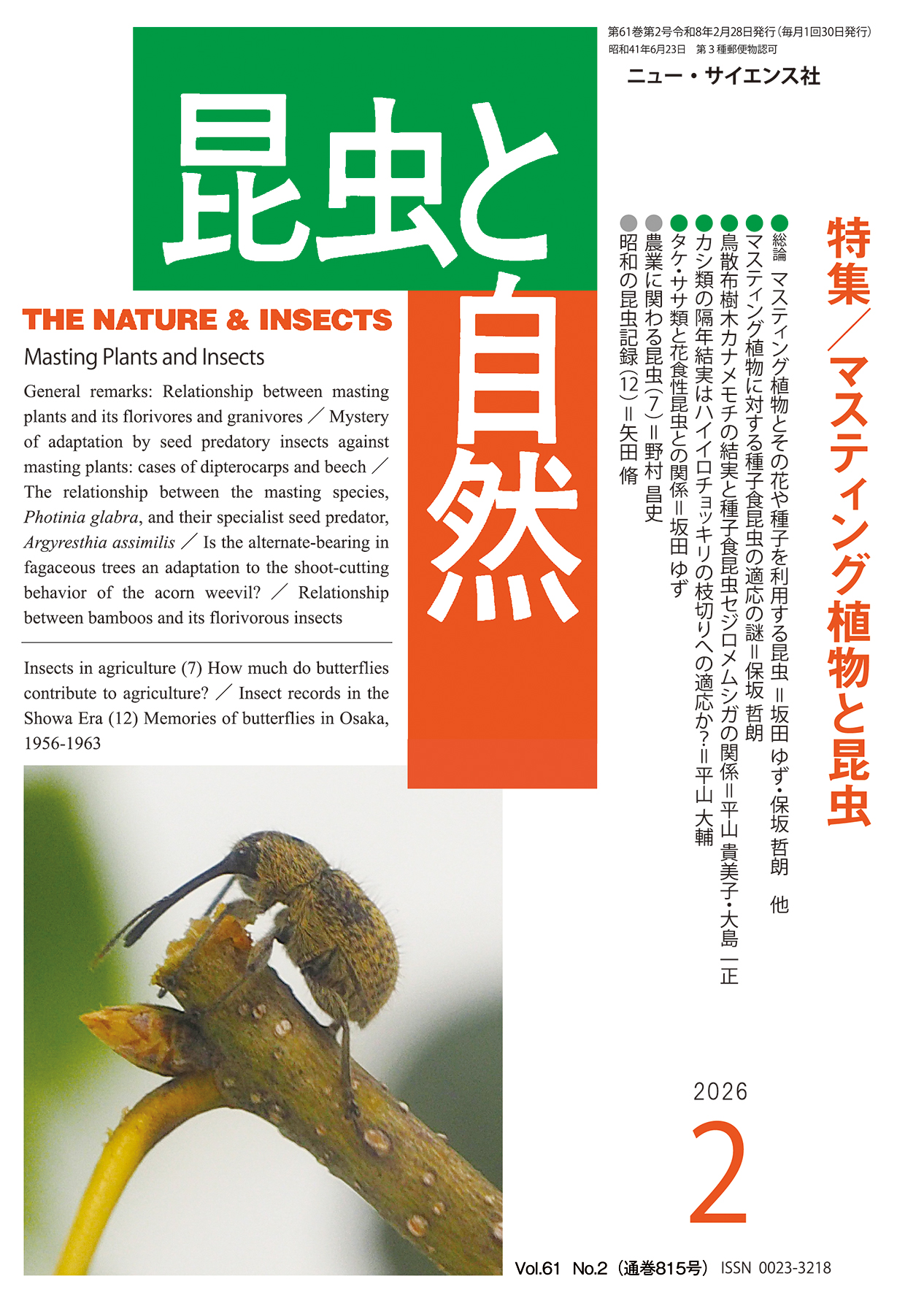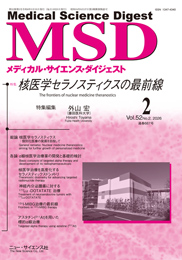The Dictionary of the Etymology of Dinosaur Names
| ジャンル・特集 | 図鑑・辞典 |
|---|---|
| 著者/編集 | 著者:松田眞由美(MAYUMI MATSUDA) 監修:藤原慎一(名古屋大学博物館) Dr.SHIN-ICHI FUJIWARA(The Nagoya University Museum) |
| 定価 | 3,300円(本体3,000円+税) |
| 発売日 | 2021.12.20 |
| 判 頁 | A5判・並製・398頁 |
| ISBN | 9784832610118 |
本書は、恐竜の骨格標本を博物館で見るのが趣味という主婦兼翻訳家の著者が、好きが高じて執筆した世界でも類例のない恐竜の学名辞典。 恐竜の名前=学名〈属名+種小名〉は、ラテン文字で表記される。 しかし、学名に使われる言葉の語源は、必ずしもラテン語ばかりではない。 恐竜の化石は世界各地で発見されており、発見地の言葉をラテン語化して学名に使った例も多い。学名を分解し、その語源にまで遡ると、ラテン語や古典ギリシア語以外にも、英語、スペイン語、ロシア語、中国語等、世界各国の言語をルーツとした名前の由来が見えてくる。 全体の構成は、学名(属名と種小名)に使われる主な用語の語義を調べる「Lexicon」、恐竜の学名と語源を解説する「Explanation」からなる。1,000種以上の学名と、学名に使われる単語2,000語以上を収録。 本書は、個性的な恐竜たちをガイドにし、語源探索の旅に誘うための知的な案内書である。
This book is an unparalleled dictionary of dinosaur name etymology. It was written by the author of a translator and housewife whose hobby is seeing dinosaur skeleton specimens in museums. The etymology of the words used in scientific names is not necessarily Latin because fossils of dinosaurs have been found all over the world, and there are many examples of using the place names where the dinosaurs were discovered. By breaking down the scientific names and going back to their origins in languages from all over the world such as English, Spanish, Russian, Chinese, etc, in addition to Latin and classical Greek, you can see the origin of the name and its roots. The overall structure consists of “Lexicon”, which examines the meanings of the main terms used in scientific names (genus names and species minor names), and “Explanation”, which describes the scientific names and etymologies of dinosaurs. This book contains over 1,000 scientific names and over 2,000 words used in scientific names. It is an intellectual guide that invites us on a tour in search of dinosaur etymology.
*****************
【著者紹介】
1952年生まれ、日本国埼玉県在住。恐竜が大好きな主婦兼フランス語の実務翻訳家。1999年慶應義塾大学文学部通信教育課程英文科卒業。忙しい主婦業の傍ら国立科学博物館に年間パスポートで通い、恐竜の骨格標本を見るのが趣味。恐竜の名前=学名に強い関心を抱き、ラテン語と古典ギリシア語の基礎を学びに語学学校に通う。辞書は「調べるものではなく、読むもの」が信条。英語は古典ギリシア語の辞書を読むのに役立ち、フランス語はラテン語文法の理解に役立ったという大の語学マニアでもある。
Born in 1952, and living in Saitama Prefecture, Japan. The author is a French translator and housewife who graduated from the Keio University English Department Faculty of Letters Correspondence Course in 1999. Although she is a busy housewife, she goes to the National Science Museum with an annual passport and enjoys looking at dinosaur skeletons. She has a passionate interest in the scientific names of dinosaurs and attends a language school to learn the basics of Latin and classical Greek. She believes that dictionaries should be read rather than “looked up”. She is also a great language enthusiast, saying that English helped her read classical Greek dictionaries and French helped her understand Latin grammar.

